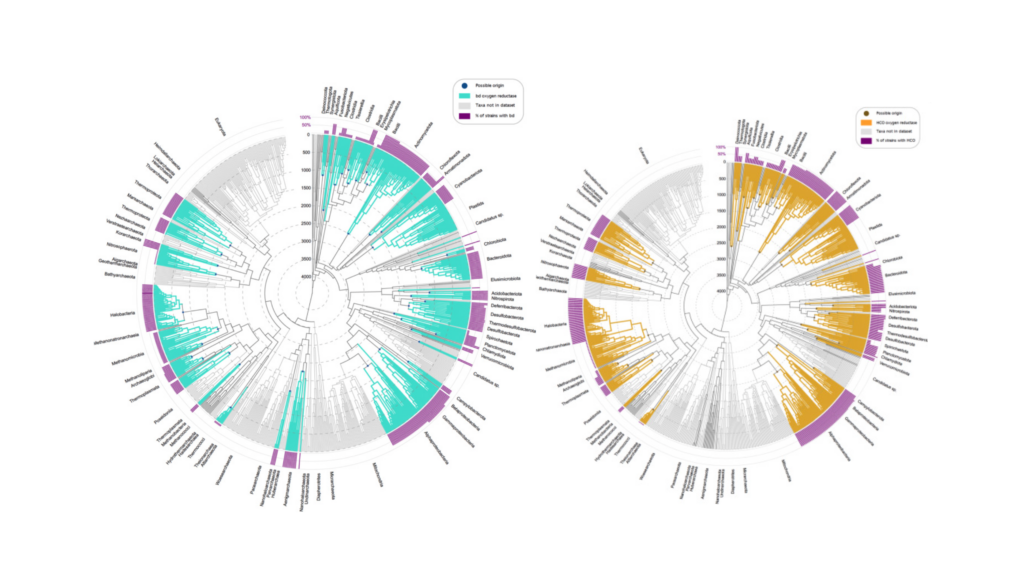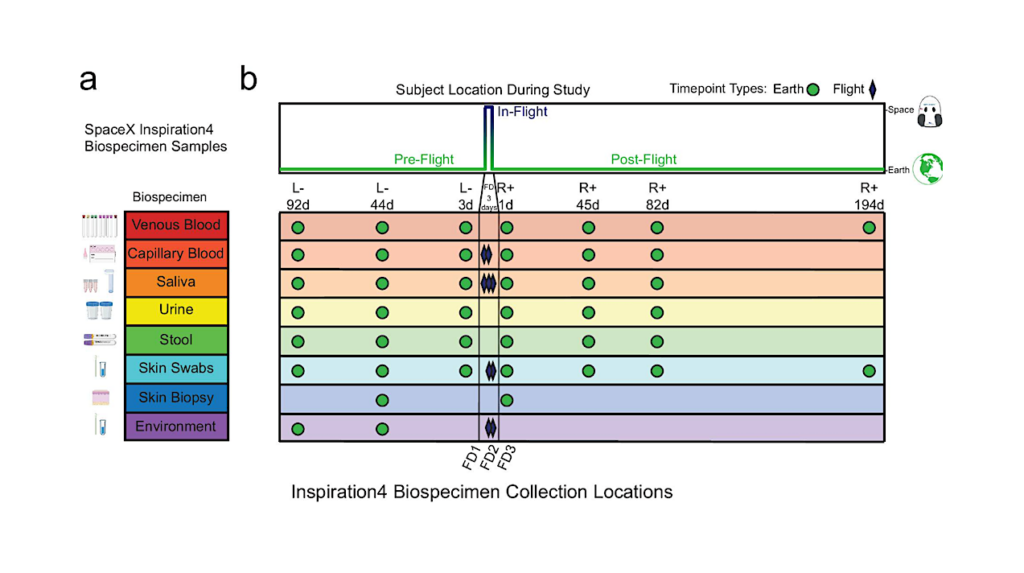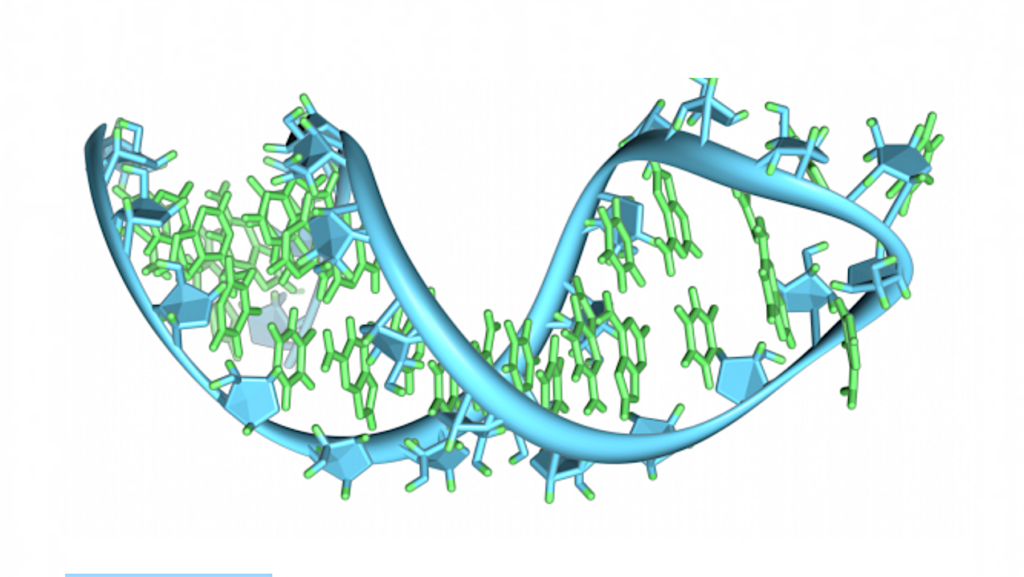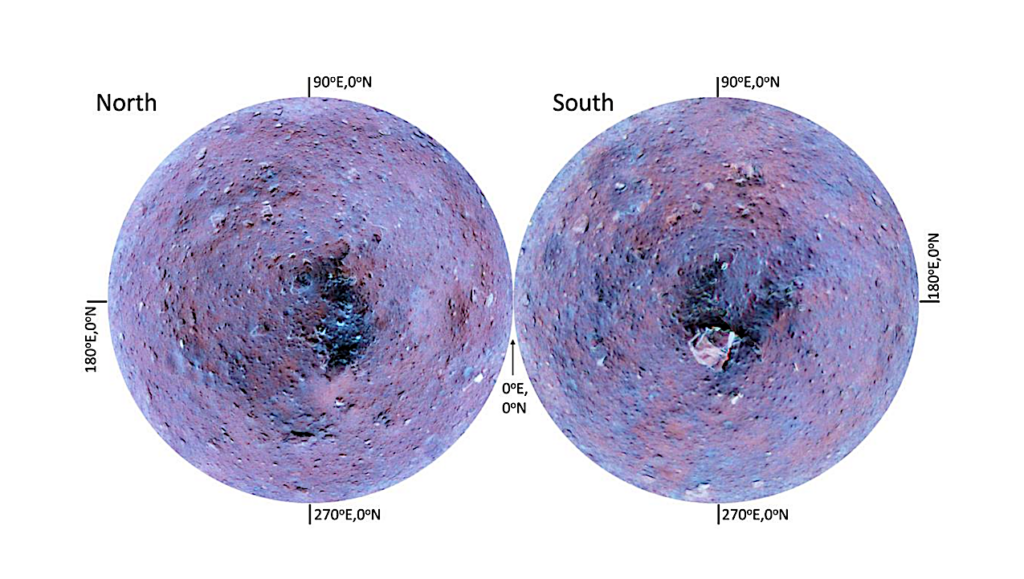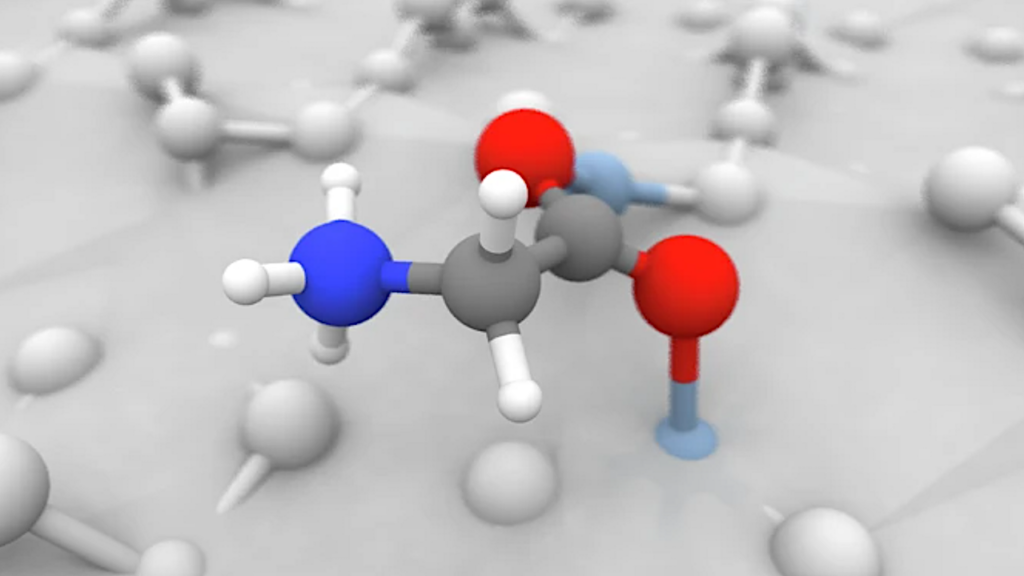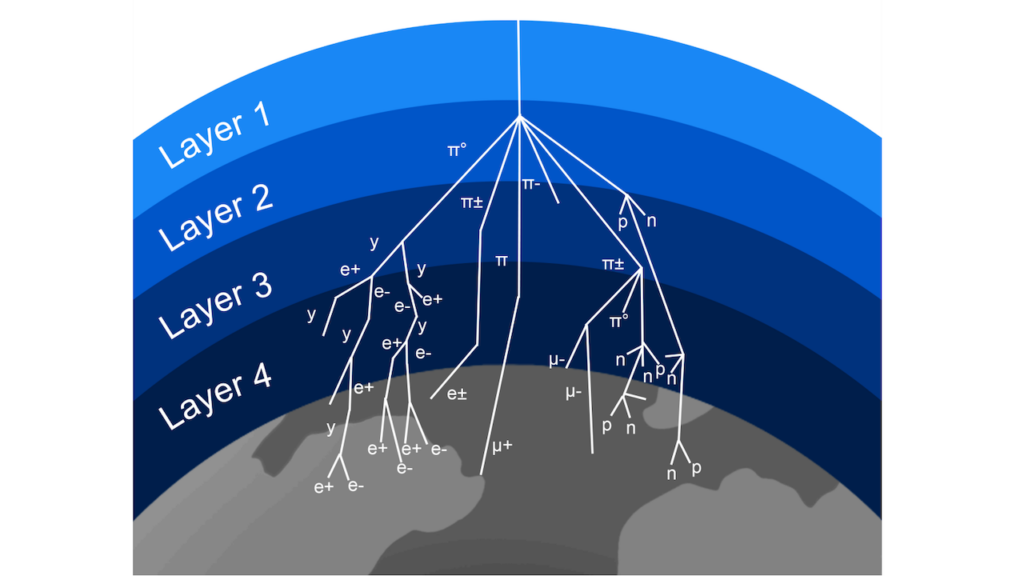One-Pot Formation of Pairing Proto-RNA Nucleotides and Their Supramolecular Assemblies

Most contemporary theories for the chemical origins of life include the prebiotic synthesis of informational polymers, including strong interpretations of the RNA World hypothesis.
Existing challenges to the prebiotic emergence of RNA have encouraged exploration of the possibility that RNA was preceded by an ancestral informational polymer, or proto-RNA, that formed more easily on the early Earth.
We have proposed that the proto-nucleobases of proto-RNA would have readily formed glycosides with ribose and that these proto-nucleosides would have formed base pairs as monomers in aqueous solution, two properties not exhibited by the extant nucleosides or nucleotides. Here we demonstrate that putative proto-nucleotides of the model proto-nucleobases barbituric acid and melamine can be formed in the same one-pot reaction with ribose-5-phosphate.
Additionally, the proto-nucleotides formed in these reactions spontaneously form assemblies that are consistent with the presence of Watson–Crick-like base pairs. Together, these results provide further support for the possibility that heterocycles closely related to the extant bases of RNA facilitated the prebiotic emergence of RNA-like molecules, which were eventually replaced by RNA over the course of chemical and biological evolution.
Tyler P. Roche, Pranav J. Nedumpurath, Suneesh C. Karunakaran, Gary B. Schuster and Nicholas V. Hud
Life 2023, 13(11), 2200; DOI: 10.3390/life13112200
https://www.mdpi.com/2075-1729/13/11/2200, Life (open access)
Astrobiology,


